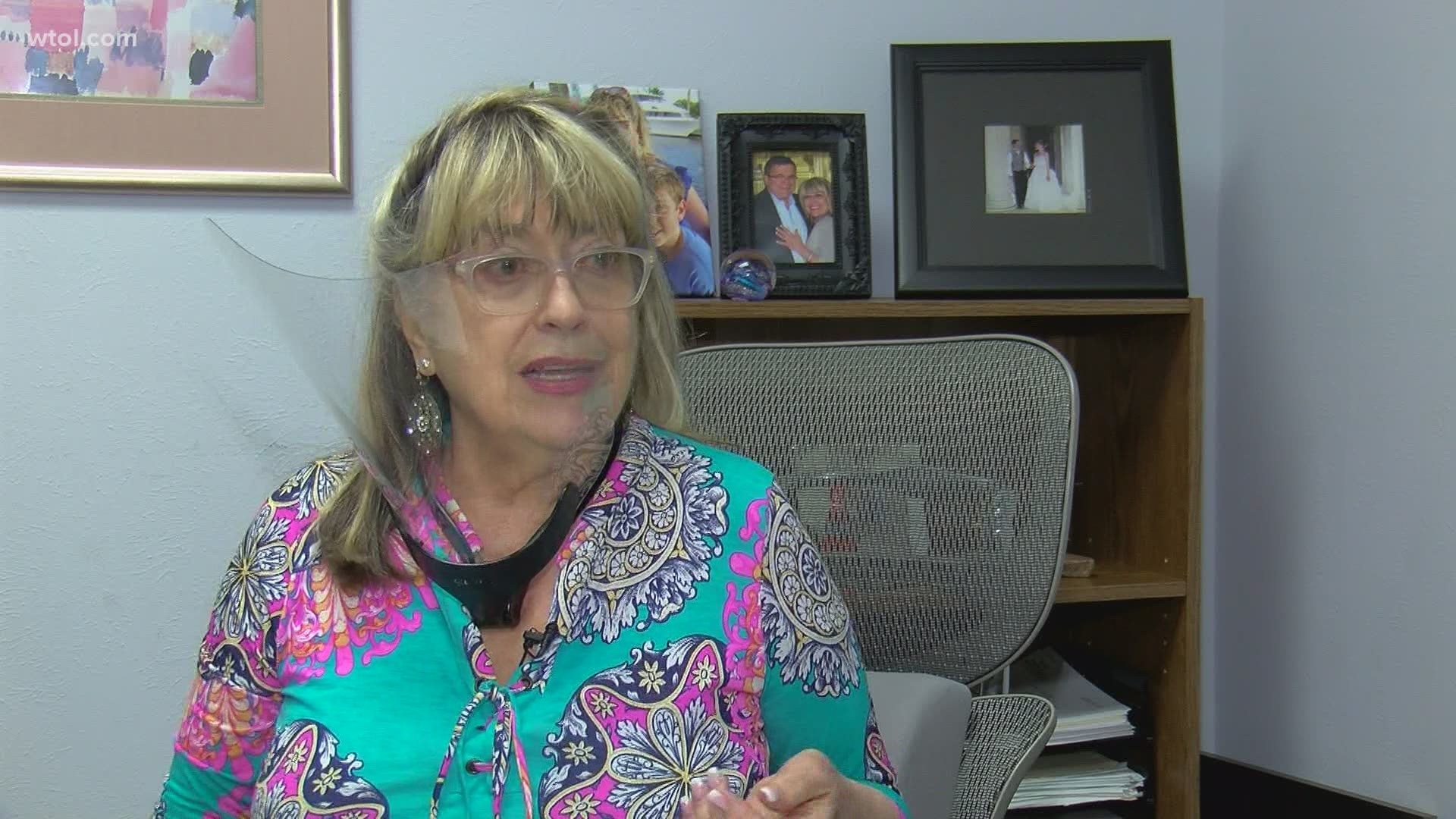TOLEDO, Ohio — We wore masks for more than a year and while covering our mouths may have stopped the spread of disease, there may have been some unintended consequences.
There's a lot of enunciating happening at Hyman Hearing & Speech Center in south Toledo.
"We've been seeing, number one, a lot more children 2 and under by 50 percent," says owner Joy Hyman Goldberg.
This is the age group of kids who are just learning how to talk and Hyman Goldberg says it's been difficult for these youngsters. She says masks are covering a key role in speech development: our mouths.
"They can't often recognize other people. They can't see what's being said. It's affecting their emotions," says Hyman Goldberg.
She says she can't say for sure masks are the reason why she's seen an increase in need for speech therapy, but it's important for parents to pay close attention.
She says, "During the pandemic, everybody's been in a rush. Everybody's been inside, but slow rate of talk and openness is very important."
Experts say as we're taking our masks off more and more now, there are some things parents can do with their kids at home to help them develop their speech.
Hyman Goldberg says in addition to slowing down, you can do something called self talk and parallel talk, and do it often.
"'I'm tearing off a piece of paper, let's make an airplane.' To parallel talk, talk about what your kids are doing 'you're doing a wonderful job. Roll me the ball,'" explains Hyman Goldberg.
Hyman Goldberg says babies should be babbling by 6-months-old. By 9 months they should start to use a word. By 2 years, they should be using 75 to 150 words. By 3 years, they should be putting together complete sentences and be about 80 percent intelligible.
"If your child starts acting out, like throwing fits, laying on the floor, he can't be understood. Or you think 'oh my goodness, he's not talking like his brother did when he was this age, there's something wrong,' Well, maybe it's time to check," says Hyman Goldberg.
In the meantime, give your children a lot of praise for their efforts.
Have patience and wait to let them get the words out on their own instead of talking for them.

